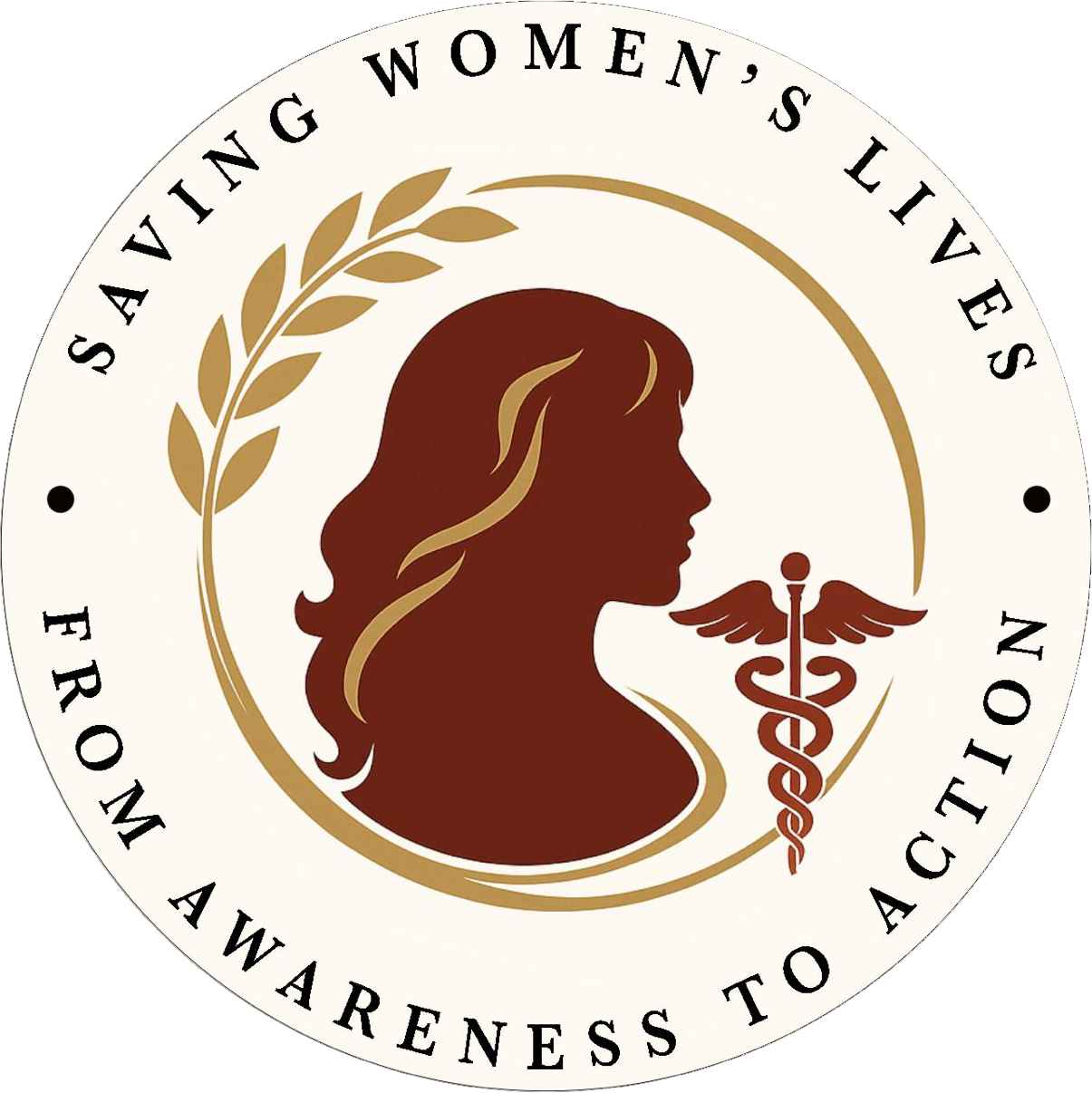Q.
1. What exactly is anaemia that doctors keep on mentioning?
Anaemia is the scientific term used for a decrease in the oxygen carrying capacity of the blood. It is suspected by symptoms of tiredness, malaise, palpitations etc and confirmed by low hemoglobin values (<11g%).
Q.
2. How common is the anaemia problem?
Anaemia is very common in the community. Seven out of 10 women in India are anaemic. The incidence is higher in rural areas compared to the urban population.
Q.
3. How do I suspect I may be having anaemia?
The signs of anaemia include fatigue, tiredness, malaise, palpitations and feeling irritable. There can also be signs of decreased appetite and difficulty to sleep.
Q.
4. What kind of diet will help me overcome anaemia?
A diet rich in iron consists essentially of meat (liver, kidney, beef), cereals (bran wheat, soya flour, wheat germ), nuts (cashew, almonds, hazelnut) and beans (soyabeans and red kidney beans) besides figs, apricots and malt bread.
Q.
5. How can I confirm that I really have anaemia?
Haemoglobin estimation in the blood would help. It is a simple blood test available in almost all laboratories. A value less than 11gm% should definitely be considered abnormal. Values less than 8gm% indicates a severe form of anaemia and needs to be addressed urgently.
Q.
6. What are the reasons I may be suffering from anaemia?
The most common cause is from nutritional deficiencies – iron and folic acid. Here comes the role of an iron-rich diet. Excessive blood loss during menses or through the bowels (dark stools or fresh blood) may be responsible in some cases. Intestinal worm infestations and malaria may be the cause of anaemia in endemic populations. A variety of blood disorders could also present as anaemia.
Q.
7. How can my anemia be tackled?
To tackle anaemia it is important to know the cause. Usually if there is an obvious source of blood loss from the body it needs to be minimized. In mild cases, a diet rich of iron may be helpful, but in severe cases in addition to diet, iron supplements are necessary. Though oral medicines are the first line, in some cases injections may be required. In extreme cases, blood transfusion may be necessary.
Q.
8. Which Iron should I choose from? There are so many types.
It is true that there are a variety of iron tablets available in the market and often we are lost for choice. All irons are not tolerated equally in an individual. Usually your doctor knows best and it would be useful to follow his advice in this case.
Q.
9. I can’t tolerate iron tablets. Feel nauseated and constipated. Is there a way out?
Oral Iron may occasionally cause severe gastrointestinal side effects, which would be difficult to tolerate in some individuals. Iron in an injectable form, may be taken deep in the muscle or as an infusion through the veins. However, injections are painful, expensive and can lead to adverse reactions in some cases. Usually by trial and error, different iron salts may be tried out for tolerability, before resorting to injections.
Q.
10. My hemoglobin never rises beyond 9gm%. What should I do?
Chronic blood loss – through periods, urine or stool, often unnoticed could be responsible. Worms in stool could be another source for chronic blood loss. It is also important to ensure that you are not suffering from any blood diseases e.g. Thalassemia carriers.

